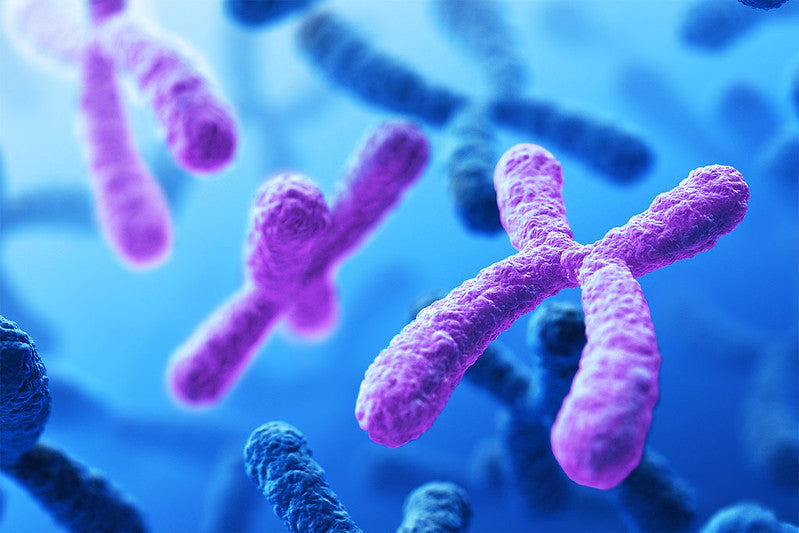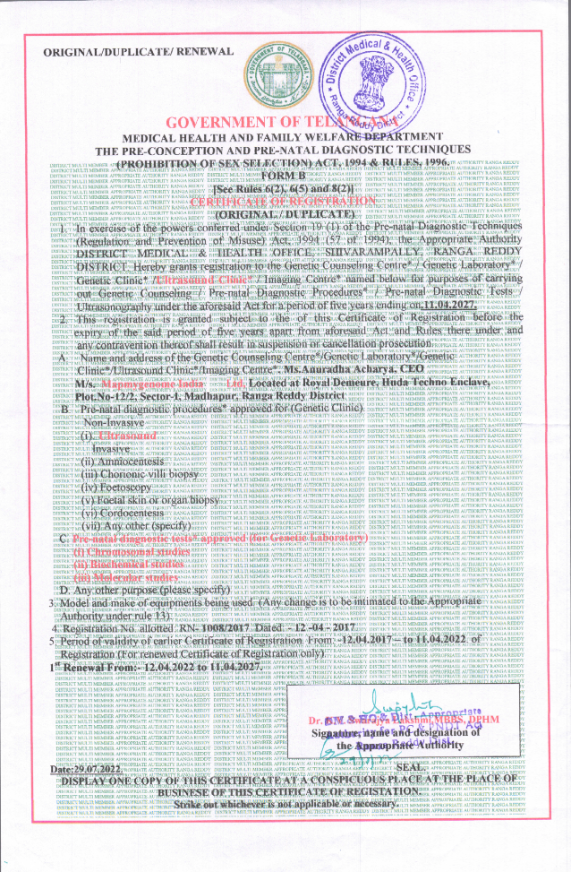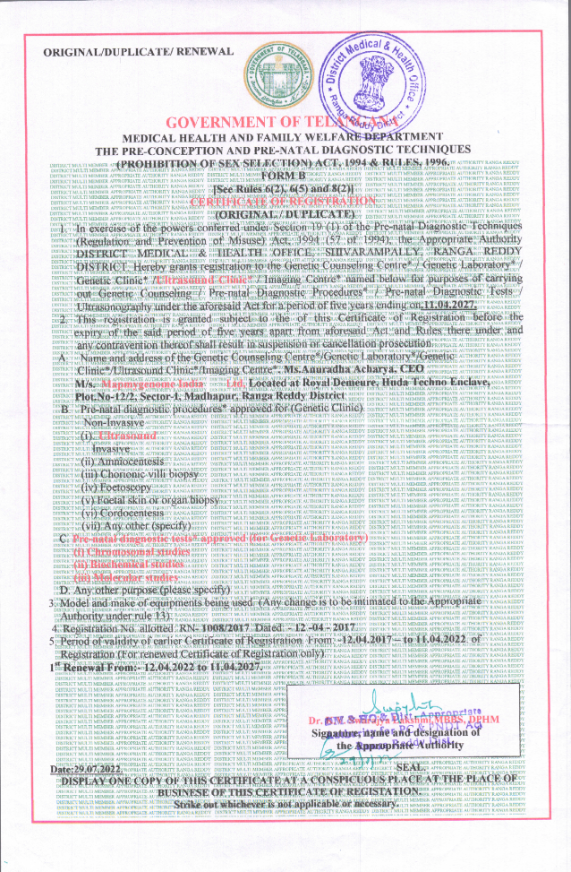Chromosomes are the building blocks of our genetic makeup, acting like instruction manuals for everything that makes us who we are. Typically, people have 46 chromosomes, grouped into 23 pairs.
But sometimes, there's an extra chromosome, leading to a condition known as trisomy.
This can significantly impact a person's life, with Down syndrome being the most familiar example.
Trisomy: More Isn't Always Merrier
Adding an extra chromosome to the mix might sound minor, but it can lead to conditions such as Down syndrome, also known as Trisomy 21. This means there's an extra copy of chromosome 21, which changes how a baby’s body and brain develop. People with Down syndrome have distinct features, may experience developmental delays, and can face various health issues, but they also lead rich, fulfilling lives with the right support.Other types of trisomy, like Patau syndrome (Trisomy 13) and Edwards syndrome (Trisomy 18), are more severe, often leading to serious health complications. These conditions highlight the profound effect an extra chromosome can have.
Why CMA and NIPT Matter
Early detection of trisomies is crucial, making tests like Chromosomal Microarray Analysis (CMA) and Non-Invasive Prenatal Testing (NIPT) invaluable. CMA scans for extra or missing chromosome pieces, offering a comprehensive look at the baby's chromosomes. NIPT, on the other hand, is a simple blood test from the mother that can detect common trisomies, including Down syndrome, as early as ten weeks into the pregnancy. These tests can prepare parents for the future, helping them make informed decisions and plan for any special care their child might need.
The Importance of Genetic Testing
Opting for genetic testing during pregnancy provides several benefits:- It helps parents make informed decisions.
- It prepares families for potential special needs.
- It opens the door to early interventions that can significantly improve a child’s life.









